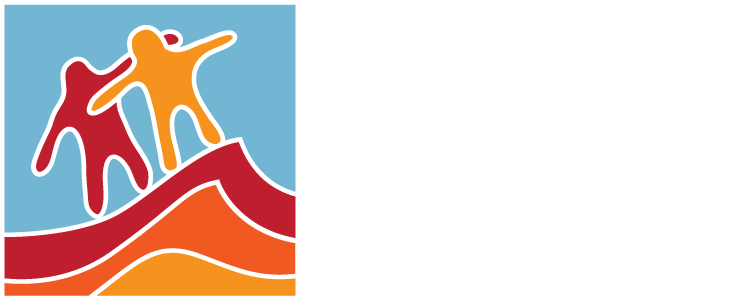Around 55 Northern Territory Police Officers attended mandatory information sessions about MHACA’s StandBy Response service over a period of five weeks in Alice Springs recently. Sessions were supported by MHACA staff talking about mental health first aid, StandBy Response team members sharing their experiences and Headspace School Support providing additional information about their role in suicide postvention when a young person is involved.
The majority of police officers had no previous training in suicide prevention, suicide intervention or suicide postvention. Their knowledge about suicide came mostly from experience on the job and some personal experience.
They were hugely grateful for the opportunity to learn about the StandBy Response Service and felt that their awareness of the needs of people bereaved by suicide had increased as a result of the training.


